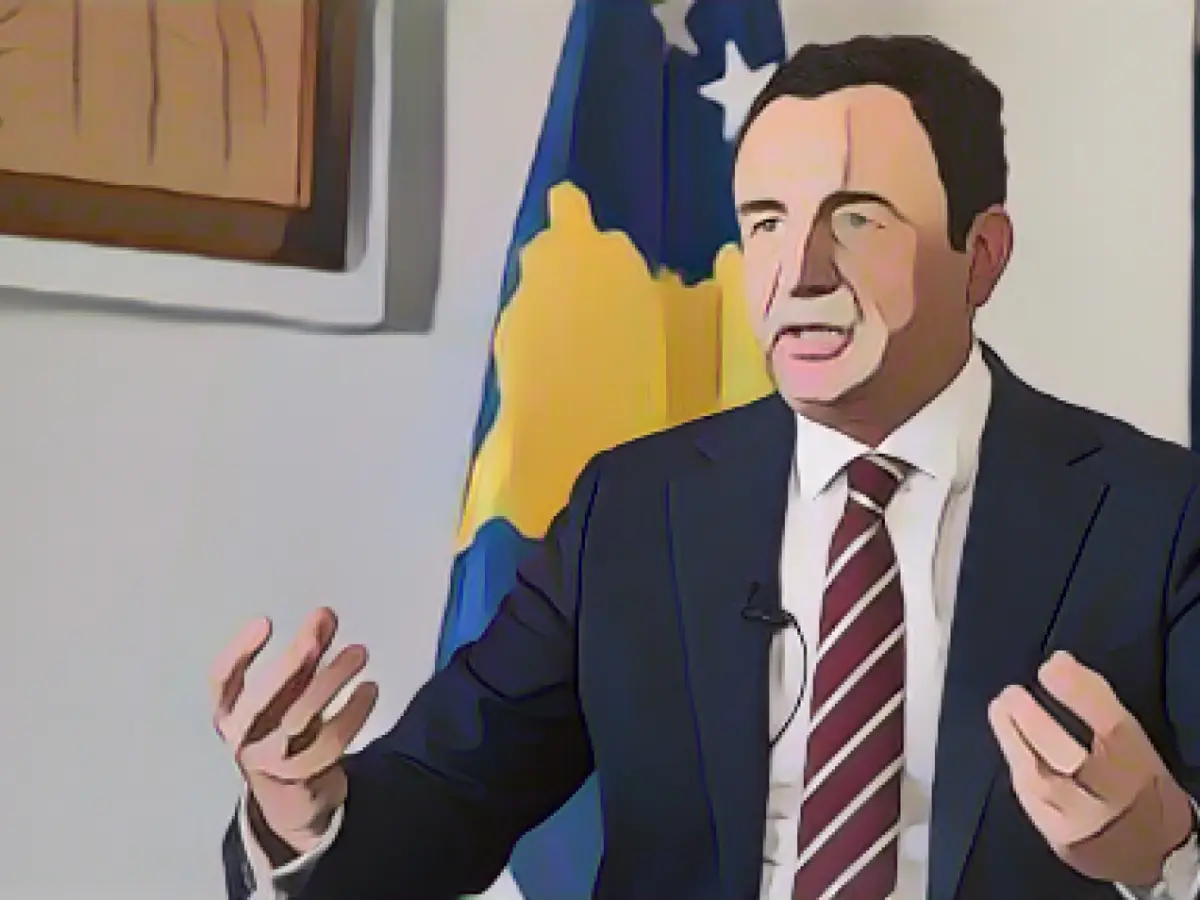In the recent parliamentary elections held on December 17, 2024, President Aleksandar Vucic's Serbian Progressive Party (SNS) clinched a resounding victory, as per election researchers. Despite allegations of manipulation from the opposition, the SNS garnered an impressive 46.75% of the votes, securing an absolute majority in the People's Assembly (Skupstina) with 128 seats out of 250.
The election, which came just 17 months after the previous one, was a response to various pressures facing Vucic. These include a spontaneous protest movement demanding an end to his rule following two killing sprees that left 18 lives lost in May. Additionally, Vucic faced international pressure due to the former Serbian province of Kosovo, now mainly inhabited by Albanians. Serbia continues to assert its claim to the territory, which has been independent since 2008.
Meanwhile, the liberal opposition, forming the electoral alliance "Serbia against Violence" (SPN), fared relatively well, garnering 23.66% of the votes and 65 mandates. However, the results in Belgrade were not entirely favorable for either the SNS or SPN. A stalemate emerged, with neither party likely to have a majority in the city assembly electing the mayor. A surprise entry into the state parliament, Branimir Nestorovic's list, tipped the scales in this city's council.
The aftermath of the election saw allegations of fraud against the presidential party from opposition leaders. Miroslav Aleksic, the opposition leader, claimed that 40,000 voter identities were issued in Belgrade for individuals not living in the city. Media reports also indicated buses carrying people from the Serbian part of Bosnia-Herzegovina to Belgrade's arena, where they allegedly participated in the election.
Vucic, who has been a prominent figure in Serbian politics since 2012, has been accused of employing an authoritarian governance style. Critics claim that he utilizes the government apparatus, police, and secret services to undermine political rivals economically and tarnish their reputation in public, while having alleged ties with organized crime.
The elections went beyond capital Belgrade, with votes also cast for the Chamber of Deputies of the northern province of Vojvodina and 65 of 197 municipal councils throughout the country. The state election commission will announce the provisional final results on Monday.
References: 1. 2. 3. 4. 5. 6.





